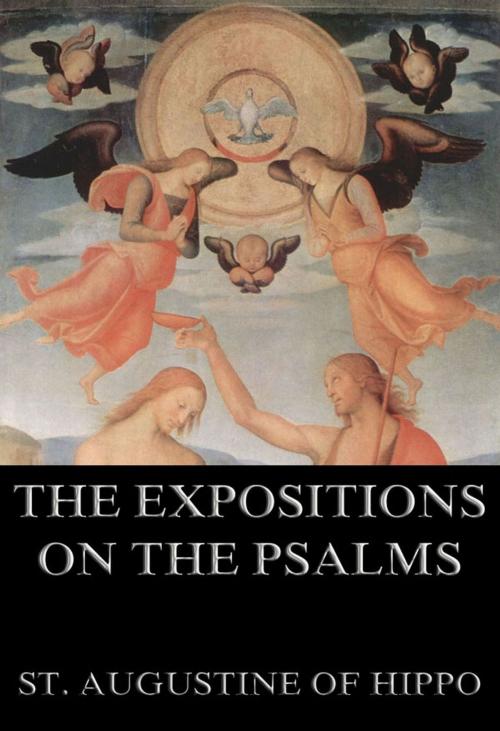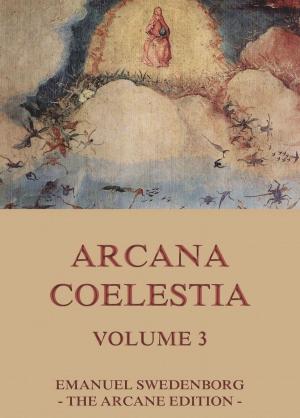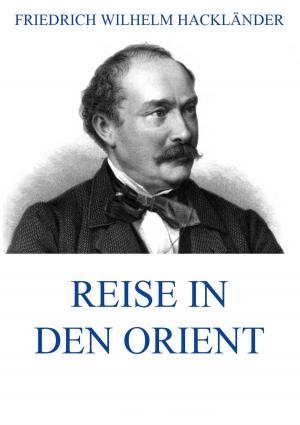The Expositions On The Psalms
Nonfiction, Religion & Spirituality, Bible & Bible Studies, Hermeneutics, New Testament, Criticism & Interpretation| Author: | St. Augustine of Hippo | ISBN: | 9783849621032 |
| Publisher: | Jazzybee Verlag | Publication: | July 21, 2012 |
| Imprint: | Language: | English |
| Author: | St. Augustine of Hippo |
| ISBN: | 9783849621032 |
| Publisher: | Jazzybee Verlag |
| Publication: | July 21, 2012 |
| Imprint: | |
| Language: | English |
In any commentary on a portion of the Old Testament by a writer unacquainted with Hebrew, exact criticism, and freedom from mistake, must not be expected. But the Psalms have been so in the mouth and in the heart of God's people in all languages, that it has been necessary often to find an explanation suitable to imperfect translations. And no doubt it is intended that we should use such explanations for the purpose of edification, when we are unable to be more accurate, though in proving doctrine it is necessary always to remember and allow for any want of acquaintance with the original, or uncertainty with respect to its actual meaning. However, the main scope and bearing of the text is rarely affected by such points as vary in different translations, and the analogy of the faith is sufficient to prevent a Catholic 4 mind from adopting any error in consequence of a text seeming to bear a heterodox meaning. Perhaps the errors of translation in the existing versions may have led the Fathers to adopt rules of interpretation ranging too far from the simple and literal; but having such translations, they could hardly use them otherwise. Meanwhile St. Augustin will be found to excel in the intense apprehension of those great truths which pervade the whole of Sacred Writ, and in the vivid and powerful exposition of what bears upon them. It is hardly possible to read his practical and forcible applications of Holy Scripture, without feeling those truths by the faith of which we ought to live brought home to the heart in a wonderful manner. His was a mind that strove earnestly to solve the great problems of human life, and after exhausting the resources, and discovering the emptiness, of erroneous systems, found truth and rest at last in Catholic Christianity, in the religion of the Bible as expounded by St. Ambrose.
In any commentary on a portion of the Old Testament by a writer unacquainted with Hebrew, exact criticism, and freedom from mistake, must not be expected. But the Psalms have been so in the mouth and in the heart of God's people in all languages, that it has been necessary often to find an explanation suitable to imperfect translations. And no doubt it is intended that we should use such explanations for the purpose of edification, when we are unable to be more accurate, though in proving doctrine it is necessary always to remember and allow for any want of acquaintance with the original, or uncertainty with respect to its actual meaning. However, the main scope and bearing of the text is rarely affected by such points as vary in different translations, and the analogy of the faith is sufficient to prevent a Catholic 4 mind from adopting any error in consequence of a text seeming to bear a heterodox meaning. Perhaps the errors of translation in the existing versions may have led the Fathers to adopt rules of interpretation ranging too far from the simple and literal; but having such translations, they could hardly use them otherwise. Meanwhile St. Augustin will be found to excel in the intense apprehension of those great truths which pervade the whole of Sacred Writ, and in the vivid and powerful exposition of what bears upon them. It is hardly possible to read his practical and forcible applications of Holy Scripture, without feeling those truths by the faith of which we ought to live brought home to the heart in a wonderful manner. His was a mind that strove earnestly to solve the great problems of human life, and after exhausting the resources, and discovering the emptiness, of erroneous systems, found truth and rest at last in Catholic Christianity, in the religion of the Bible as expounded by St. Ambrose.















